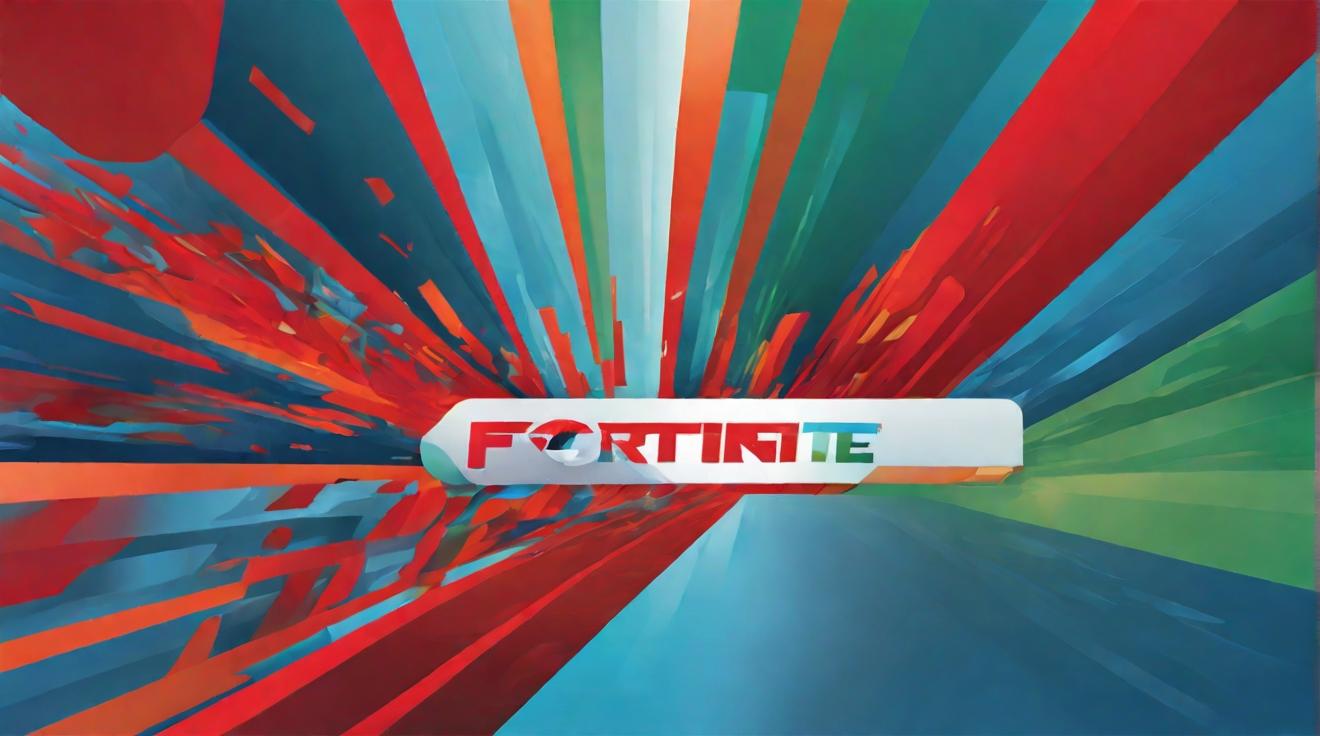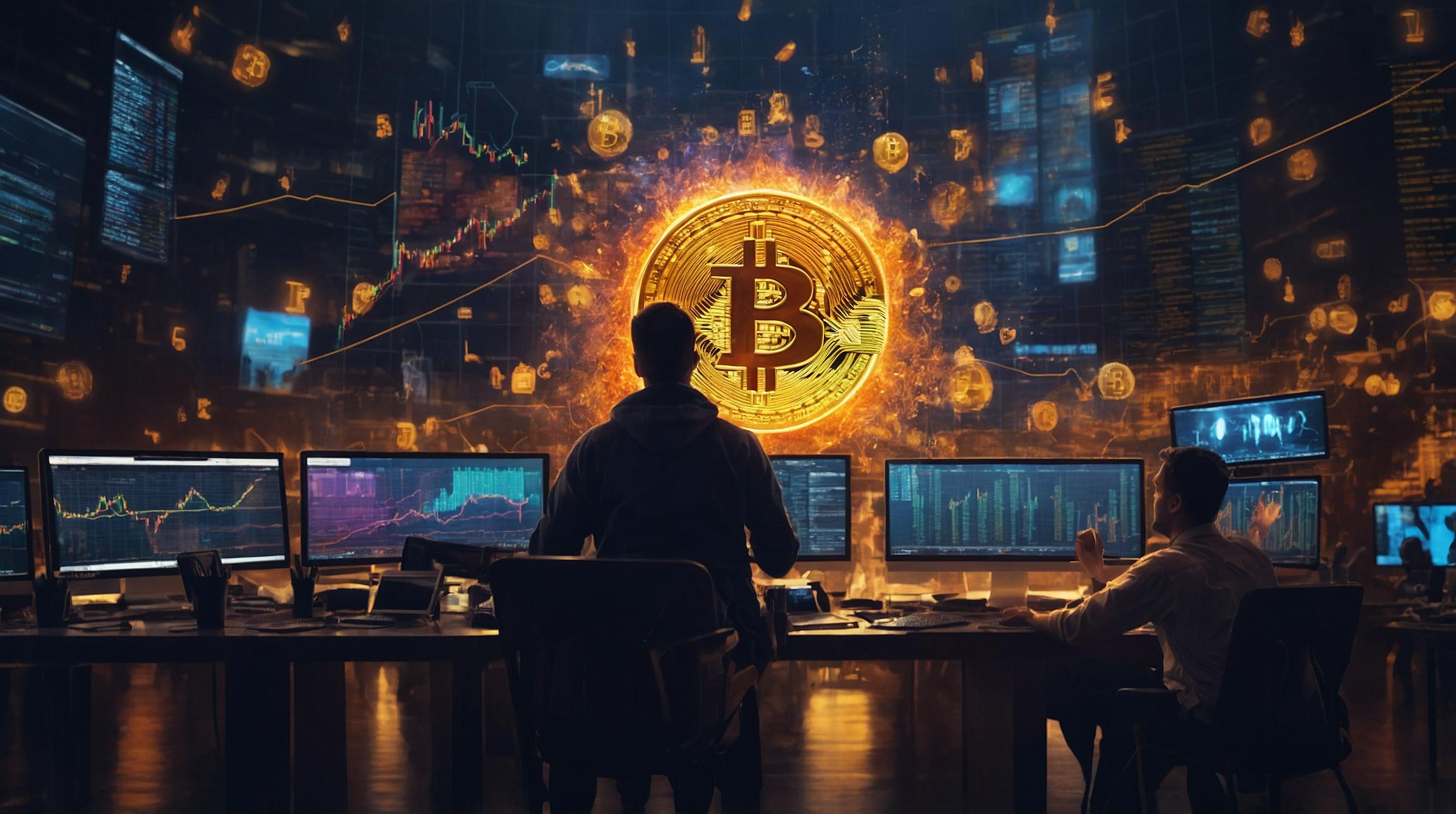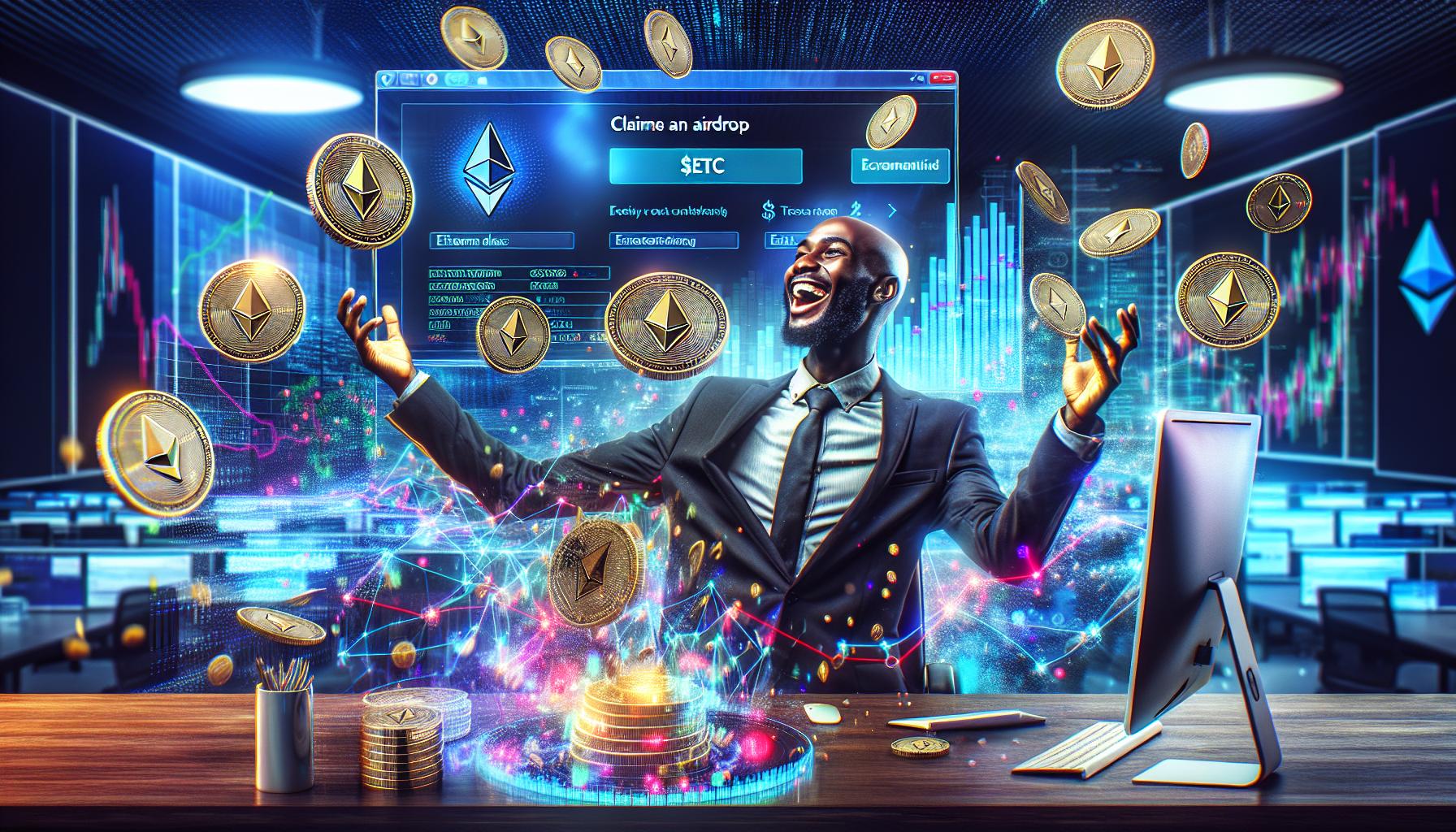GameStop’s NFT Marketplace: The Rise and Fall of a Crypto Venture
GameStop, the well-known game retailer, recently made headlines with its foray into the world of non-fungible tokens (NFTs). But after a promising start, the company has now decided to shut down its NFT marketplace. Let’s take a closer look at the rise and fall of GameStop’s NFT plans.
GameStop’s NFT Plans: From Blockchain Analysts to a $100 Million Fund
In April 2021, GameStop hinted at its interest in NFTs by seeking a blockchain security analyst. This sparked speculation about the retailer’s plans in the crypto space. In May 2021, GameStop launched a mysterious site, hiring employees for its blockchain project. It was unclear what exactly the retailer had in store, but there were hints and Easter eggs on the site, including a link to a GameStop Ethereum smart contract.
By January 2022, GameStop had established its blockchain division and hired 20 employees to work on its crypto plans. This news caused the company’s stock to surge 31%. In February 2022, GameStop announced a $100 million grant fund with crypto startup Immutable to support developers using the Immutable X blockchain. This confirmed that GameStop would use Immutable X for its upcoming NFT marketplace. However, the retailer faced criticism as it sold off $47 million worth of IMX tokens, which many saw as cashing out before even launching a crypto product.
GameStop’s NFT Marketplace Launch: Success Amidst Layoffs and Losses
In July 2022, GameStop launched its NFT marketplace in beta, where NFT creators could submit applications for approval. While the marketplace didn’t offer data transparency beyond the top 50 most-traded collections, it saw over 3,100 Ethereum worth of NFTs traded in its first two days. This was a modest amount compared to larger marketplaces like OpenSea but surpassed Coinbase’s NFT marketplace. Despite layoffs and financial losses, GameStop encouraged developers to apply for its $100 million grant program.
GameStop’s NFT Expansion: Gaming NFTs and a Discontinued Crypto Wallet
Three months after launching the NFT marketplace, GameStop added gaming NFTs to its platform, allowing users to buy and sell NFT items from popular games. The retailer also released a mobile version of its crypto and NFT wallet for iOS devices. However, in August 2023, GameStop announced the discontinuation of its crypto wallet due to regulatory uncertainty in the crypto space.
GameStop’s NFT Misstep: Closing the Marketplace and Minimal Earnings
In December 2023, GameStop reported earnings of only $2.8 million from digital asset sales, referring to NFTs. This was a significant decrease from the $77.4 million in sales the previous year. Overall, the company operated at a net loss of $56.4 million during the same period. In January 2024, GameStop decided to close its NFT marketplace, signaling the end of its brief venture into the world of NFTs.
GameStop’s NFT journey may serve as a cautionary tale for companies looking to enter the crypto space. While NFTs have gained popularity, they are not a guaranteed solution for financial success. The risks associated with new products and the volatility of the crypto market can pose significant challenges for companies trying to navigate this emerging industry. GameStop’s story highlights the importance of careful planning, adaptability, and market demand analysis when venturing into new and rapidly evolving markets.
Analyst comment
Negative news.
As an analyst, the closure of GameStop’s NFT marketplace indicates that their venture into the crypto space was not successful. This may lead to a decrease in investor confidence and potential financial losses for the company. It underscores the importance of careful planning and market analysis when entering new markets.













